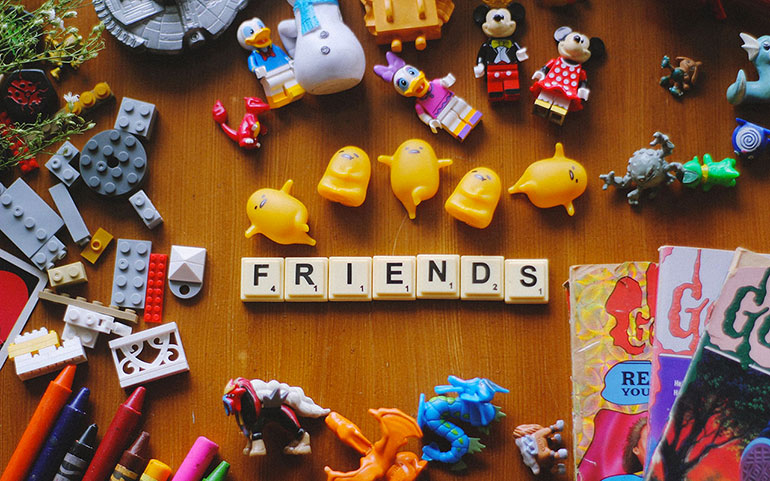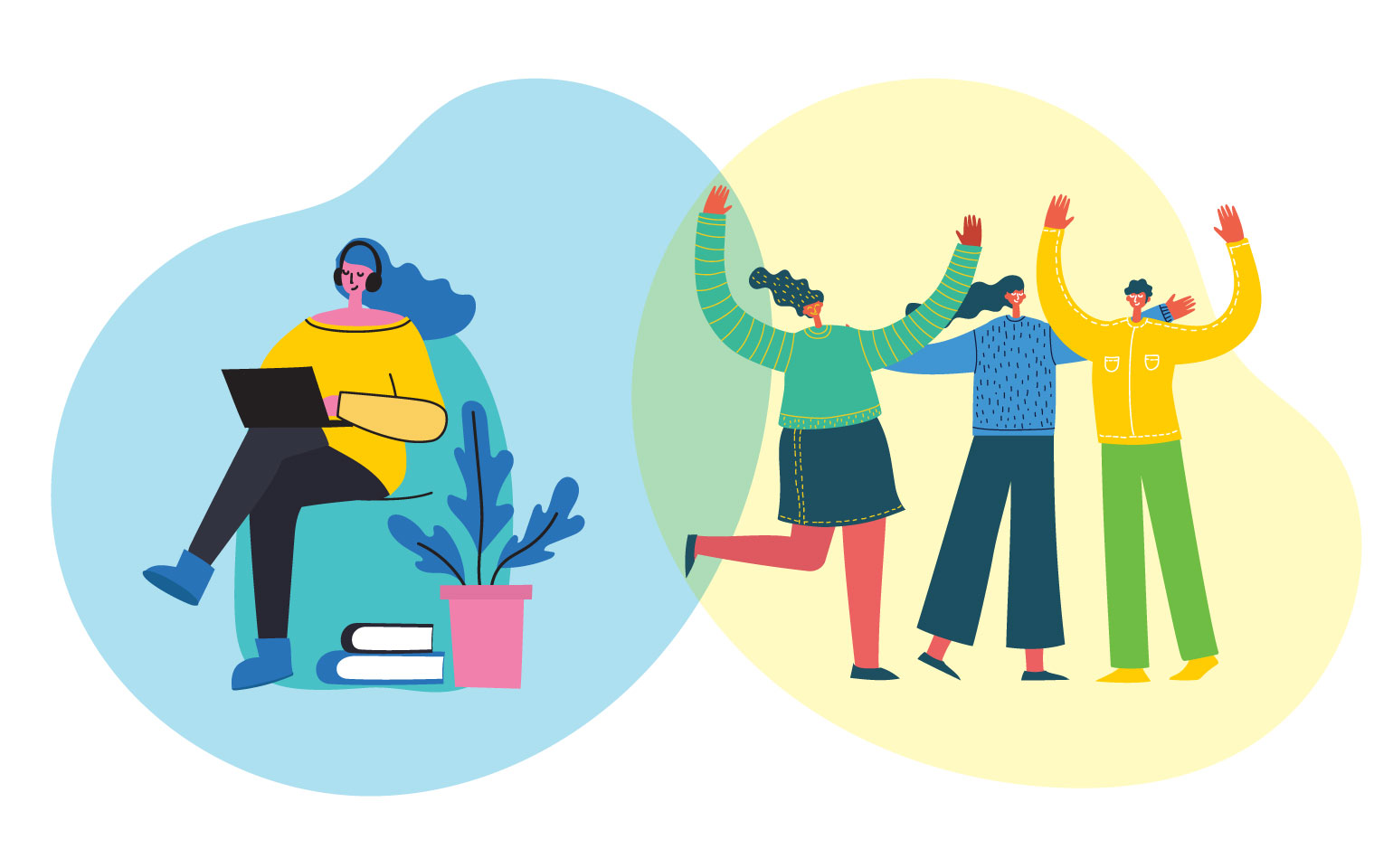
I Am Not My Personality Type
From Freud’s theory of development to Buzzfeed’s countless online quizzes, people have been intrigued by the intricacies of the human personality for centuries. Although it is disproportionate to compare historical psychologists with 21stcentury millennials who make online personality quizzes, the intrigue associated with categorization holds true. Whether you are a firm believer in the Myers-Briggs personality types or someone who has taken the occasional quiz to see what fictional character you are most like, we all have some degree of experience with categorizing ourselves based on our personality traits.
To some, categorizing by personality tests allows for a deeper level of self-understanding and a clearer view at the way in which we communicate and perceive the world around us. To others, the entire concept of basing the complexities of oneself on generalized types seems completely ludicrous.
I have experience with both degrees of this spectrum. A few years ago when I started high school, I became immersed in personality test culture spanning from my Harry Potter Hogwarts house to whether I was Type A or Type B. Looking back on it now, this fixation with breaking myself down into bite-sized pieces came from a need to identify with others similar to me and to better understand myself during a time of extreme growth and development. Categorizing myself based on personality test results was how I tried to better understand myself; however, as a young and deeply confused teenager, it only made matters more complicated.
The problem with these tests is that the questions can only gauge a snippet into the entirety of your persona and sometimes not even that, as the questions asked are often broad and the answer choices not even applicable. From a firm believer in the test results to someone who now takes the occasional test purely for entertainment purposes, I can say that personality tests are fun, as long as not too much weight is applied on the results. Especially for those struggling with understanding themselves and their ever-changing personalities, a personality test will not offer you the insight that you seek.
As tests such as the Myers-Briggs Type Indicator gain more popularity, their applications are expanding from purely entertainment purposes to being used to assess potential candidates when hiring for a job.
The Myers-Briggs Type Indicator is a test that asks a series of questions and generates a personality type from the given responses – determining whether a person is Extroverted vs Introverted, Sensing vs Intuition, Thinking vs Feeling and Judging vs Perceiving. From the information received, the person will be given a personality type based on how their answers correlate with the listed dichotomies.
Although incorporating Myers-Briggs personality types into job screenings may be able to give employers a further glimpse into the employee they are hiring, nothing is black and white – similarly to how one person cannot embody their personality type to a T. The most important thing to remember is to take the results with a grain of salt, as getting to know someone as a person will always be more accurate than who they are on paper.
As a recent high school graduate I by no means have myself figured out, but I am no longer seeking this understanding through personality tests. I’ve learned that while I am still on my path to self-discovery, I have a much stronger sense of myself than the quizzes made by strangers to spit out half-truths about me.


